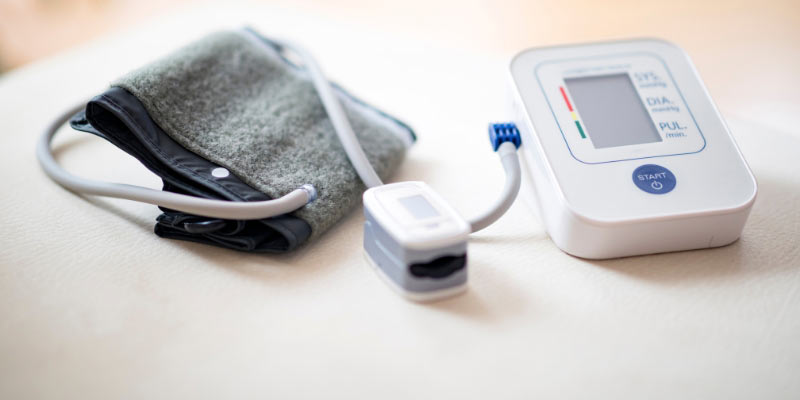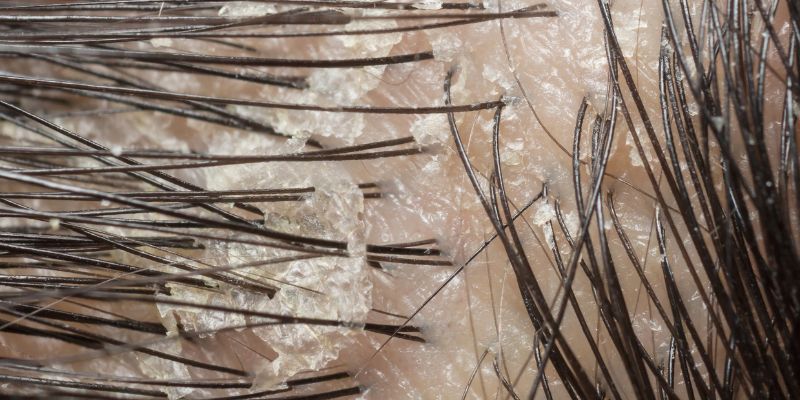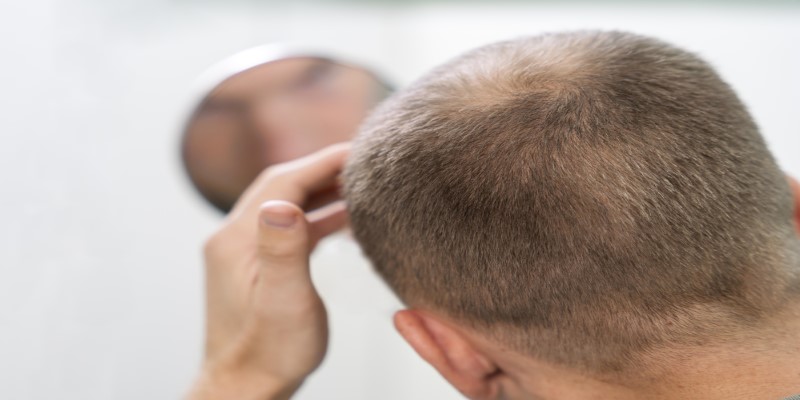Sweating is often associated with rigorous exercise, high temperatures, or stressful situations, but it's also an essential function that can play a pivotal role in detoxifying our bodies. When we sweat, our skin, the largest organ in the human body, acts as an outlet for impurities. These can include excess salts and cholesterol, which the body expels during perspiration. This cleansing process not only aids in the removal of toxins but also helps to clear pores, which can improve skin health and vitality. Furthermore, engaging in activities that induce sweating, such as using saunas or participating in hot yoga, can enhance circulation and support the immune system. However, it's essential to understand that while sweating contributes to detoxification, it is only one aspect of the body's comprehensive waste elimination system.
Purpose of sweating and its biological role

Sweating serves as a crucial physiological process that helps regulate body temperature and maintain homeostasis. Our bodies produce sweat through specialized glands called eccrine glands, which are located all over our skin. Sweating is controlled by the autonomic nervous system, specifically the sympathetic division, and can be triggered by various factors such as physical activity, heat exposure, or emotional stress. The sweat produced by these glands contains water, salt, and other minerals that are secreted onto the surface of the skin.
The primary biological role of sweating is thermoregulation. When our body temperature rises, either due to external factors like heat or internal factors such as exercise, our brain sends signals to the eccrine glands to produce sweat. As the sweat evaporates from our skin, it absorbs heat and cools our body down. This process allows us to maintain a stable internal body temperature, which is vital for our overall health and well-being.
Sweating as a form of detoxification
In addition to its critical biological role in thermoregulation, sweating also plays a crucial role in detoxifying our bodies. Our skin is equipped with pores that act as tiny openings for sweat to escape. As we sweat, these pores expand, allowing the impurities and toxins accumulated in our bodies to be released through our skin. These can include heavy metals, chemicals, and other harmful substances that are often present in our environment or ingested through food and water.
Moreover, sweating also increases blood flow and circulation, which aids in the transportation of waste products to be eliminated from our bodies. This process further supports the body's detoxification system and helps to improve overall health and well-being.
How toxins are processed in the body?
Toxins are substances that can harm our bodies and interfere with normal physiological functions. They can enter our bodies through various means, including ingestion, inhalation, or absorption through the skin. When toxins enter our body, they travel through the bloodstream to various organs responsible for processing and eliminating them.
One of these organs is the liver, which plays a crucial role in detoxification. The liver filters and breaks down toxins into less harmful substances, which can then be eliminated through urine or sweat. However, if the number of toxins exceeds the liver's capacity to process, they can accumulate in fat cells and other organs, leading to various health issues.
Benefits of Inducing Sweat
Engaging in activities that stimulate sweating can offer numerous benefits for our overall health and well-being. These include:
- Improved skin health: Sweating can help clear pores, remove dead skin cells, and improve blood circulation to the skin, resulting in a clearer complexion and healthier-looking skin.
- Enhanced immune system: Sweating supports the elimination of toxins from our bodies, which can help improve immune system function and protect against illnesses.
- Stress relief: Sweating can also act as a natural stress reliever by releasing endorphins, the body's feel-good hormones, and promoting relaxation.
- Improved cardiovascular health: The increase in heart rate and blood circulation during sweating can have positive effects on cardiovascular health by improving blood flow and strengthening the heart muscle.
Myths vs. Facts: What Sweat Can and Cannot Do

There are many misconceptions surrounding sweating and its effects on our bodies. Let's debunk some common myths and uncover the truth behind them:
- Myth: Sweating can help you lose weight: While sweating can cause temporary water weight loss, it does not equate to fat loss. Once you rehydrate, the weight will return.
- Fact: Sweating does not eliminate fat cells: Sweat is composed mainly of water and salt, not fat. Therefore, it cannot remove excess body fat.
- Myth: Sweating can cure a hangover: While sweating may help alleviate some symptoms of a hangover, such as headaches and fatigue, it will not cure the underlying cause - alcohol consumption.
- Fact: Sweating does not flush out all toxins: Sweat primarily eliminates water-soluble toxins, and it cannot remove all toxins from the body.
Physical activities and their effect on sweat production
Various physical activities can induce sweating, including exercise, hot yoga, saunas, and steam rooms. The intensity and duration of the activity determine the amount of sweat produced. For example, high-intensity exercises like running or playing sports can cause more significant amounts of sweat compared to low-intensity activities like walking or light stretching.
Moreover, factors such as temperature, humidity, and clothing can also affect sweat production during physical activities. As the body heats up during exercise, sweat production increases to cool down the body and prevent overheating. Therefore, dressing in lightweight, breathable fabrics and staying hydrated are crucial for regulating body temperature and optimizing sweat production during physical activity.
Conclusion
Sweating is a vital physiological process that helps regulate body temperature and eliminate toxins from our bodies. Through physical activity and exposure to heat, we can induce sweating and reap its numerous benefits for our overall health and well-being. However, it is essential to understand the myths and facts surrounding sweat and maintain proper hydration levels during activities that stimulate sweating. With proper knowledge and care, we can harness the power of sweating to support our body's natural detoxification process and improve our overall health.







